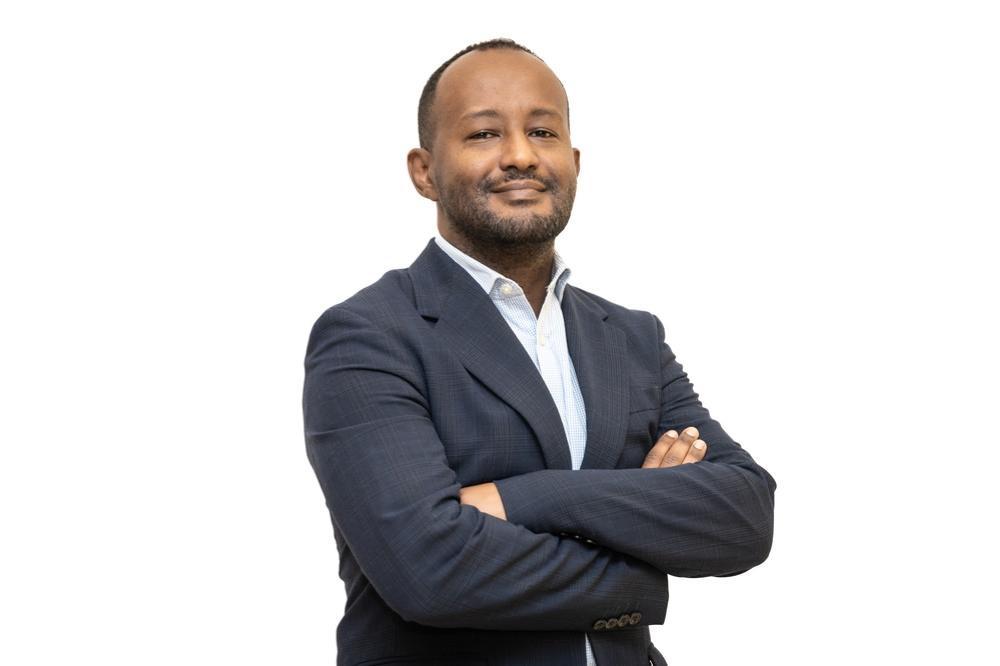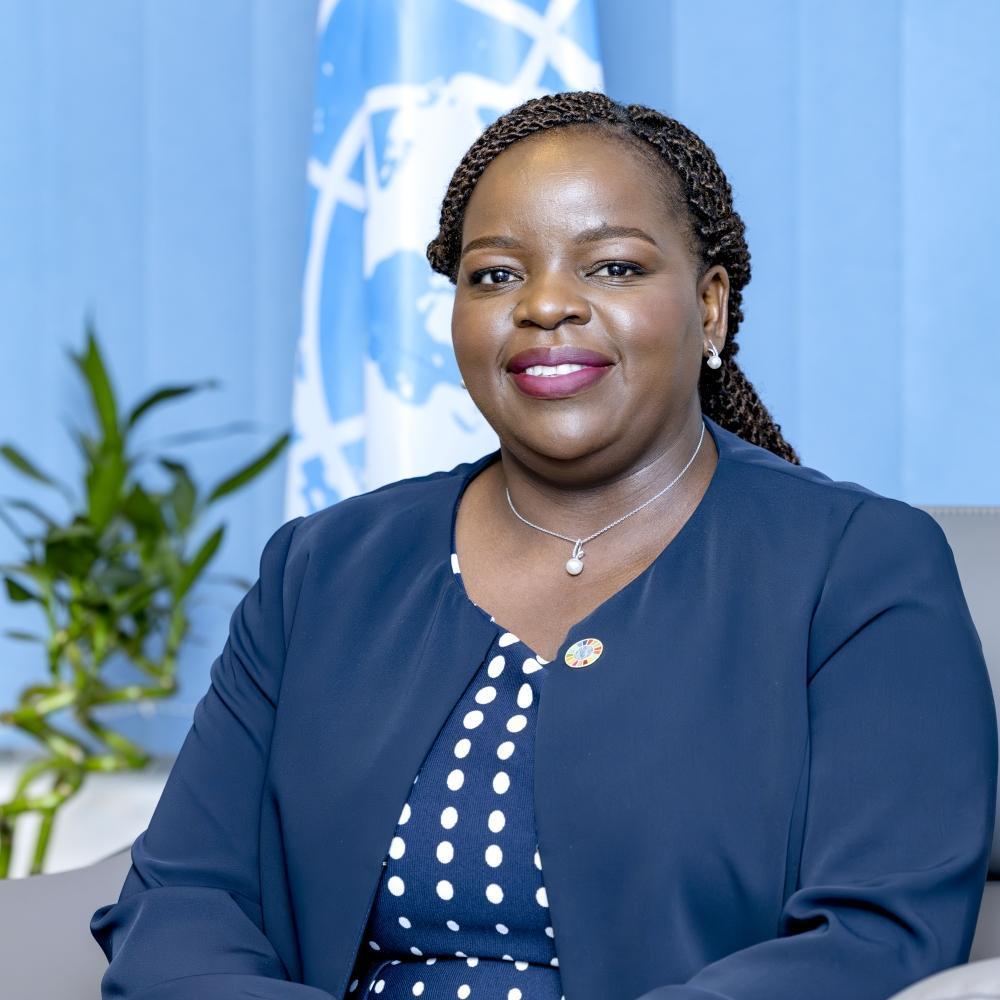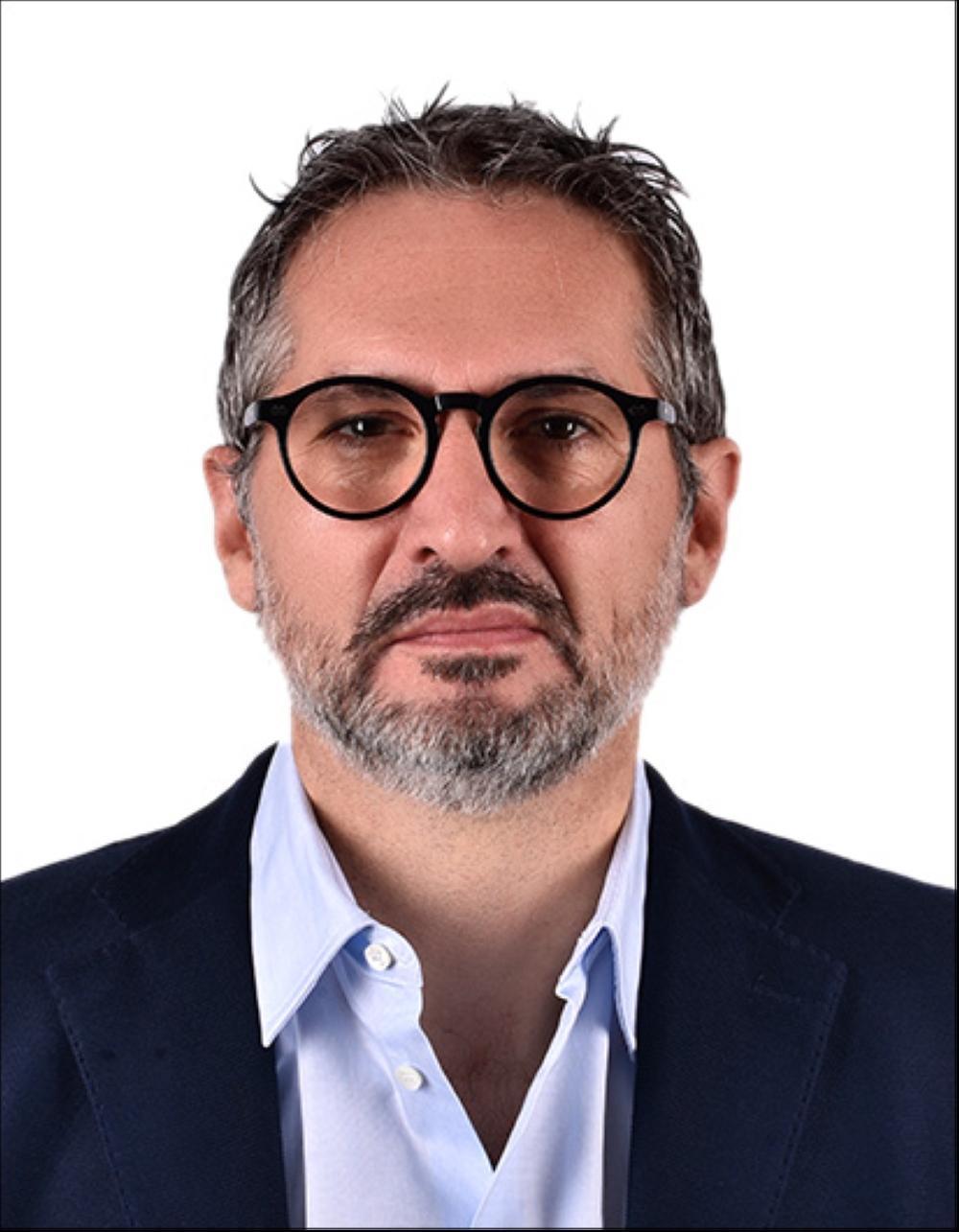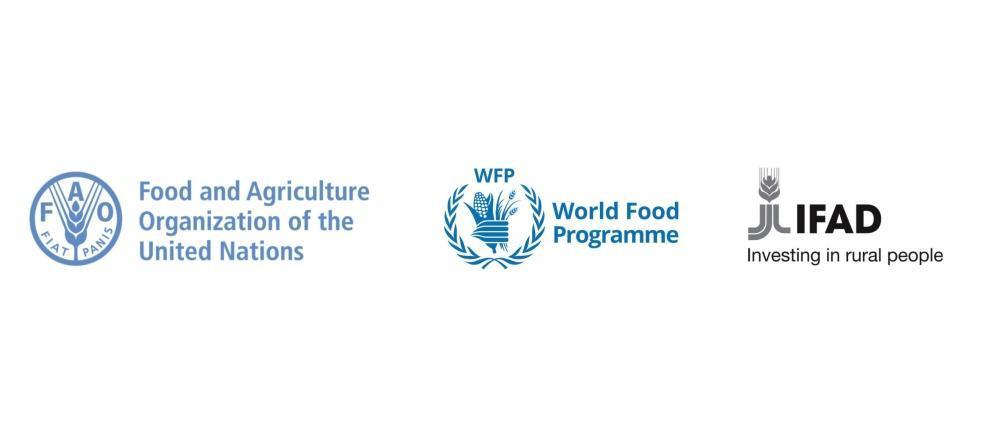Africa-Press – Rwanda. Kigali, October 16, 2025: On the occasion of World Food Day 2025, the Rome-based UN agencies (FAO, WFP, and IFAD) join the Government of Rwanda and Cooperation Partners in celebrating collective progress and calling for bold, coordinated investments to accelerate the transformation of Rwanda’s agrifood systems.
Held under the global theme “Hand in Hand for Better Foods and a Better Future,” this year’s celebration also marks the 80th anniversary of the Food and Agriculture Organization of the United Nations (FAO), a milestone that underscores the urgency of building sustainable, inclusive, and resilient food systems to achieve Zero Hunger (SDG 2).
The celebration will be held on October 24, 2025 in Nyamagabe District, Northern Rwanda.
“As Rwanda advances toward becoming a middle-income, food-secure nation, FAO remains a trusted partner to the Government, working hand in hand to transform agriculture into a powerful driver of inclusive economic growth. Through the Hand-in-Hand Initiative, FAO continues to connect data, partners, and investments to ensure that no one is left behind in Rwanda’s journey toward a sustainable, resilient, and prosperous future, said Nomathemba Mhlanga, FAO representative in Rwanda.
Rwanda has made commendable strides in improving food security and nutrition through increased productivity, expanded irrigation, and investments in market access. The Strategic Plan for Agriculture Transformation (PSTA5) positions agriculture as a cornerstone for achieving food and nutrition security. It calls for a shift from subsistence farming to market-oriented, nutrition-sensitive, and climate-resilient agriculture. This transformation recognises that improving dietary diversity and access to safe, nutritious foods begins in the field, with farmers empowered to produce high-value, nutrient-rich crops and livestock products.
Andrea Bagnoli, Country Director & Representative, WFP: “Through supporting smallholder farmers, home grown school meals, and investments in youth employment, we see how practical
actions help communities to tackle poverty, food insecurity, and stunting, and enable them to join Rwanda’s development vision. Together, we can ensure every child has the nutrition they need to learn and thrive.”
With the visionary leadership of Rwanda, working hand in hand, FAO, WFP, and IFAD are deepening their collective support to the government and partners to accelerate the transformation of agrifood systems. Building on complementary strengths, FAO is expanding its Hand-in-Hand Initiative to harness geospatial data, agribusiness intelligence, investment matchmaking, promoting inclusive value chains and territorial development. WFP is promoting resilience and human capital by linking more than 130,000 smallholder farmers to markets, advocating for climate-resilient practices, advancing home-grown school feeding initiatives, and supporting shock-responsive social protection and nutrition systems. Meanwhile, IFAD is scaling up rural finance and private-sector engagement, supporting investments in irrigation, livestock development, climate-smart productivity, post-harvest systems, and youth- and women-led enterprises.
“Transforming food systems requires bold investments and strategic partnerships,” said Dagmawi Habte-Selassie, IFAD Country Director & Representative for Rwanda. “To unlock the full potential of rural economies, we must prioritize investments that mitigate risks for all stakeholders, including the private sector. With the right incentives and a supportive policy environment, private sector can drive efficiency, scale up innovation, create decent jobs, and build resilient, sustainable value chains.”
Speaking on behalf of the Rome-based agencies, Dr Ozonnia Ojielo, UN Resident Coordinator, stated that, “On behalf of the Rome-based agencies, I wish to commend Rwanda for its unwavering commitment to achieving Zero Hunger and advancing the Sustainable Development Goals through bold and transformative action in the agriculture sector. Guided by the Strategic Plan for Agriculture Transformation (PSTA5), Rwanda continues to demonstrate exceptional leadership in building a modern, market-driven, and nutrition-sensitive agricultural system. The United Nations, through its Rome-based agencies, stands firmly with the Government of Rwanda in driving climate adaptation, empowering youth and women in agrifood systems, and advancing national nutrition outcomes. Together with all partners, we are determined to sustain the momentum toward realising Rwanda’s vision of an inclusive, resilient, and prosperous agricultural transformation”
Rome-based agencies are aligning their efforts to deliver a tangible impact, empowering rural communities, driving sustainable growth, and ensuring that no one is left behind in the journey toward Zero Hunger.
The Rome-based agencies urge all stakeholders, including development partners, civil society, the private sector, and communities, to collaborate for a food-secure future where every Rwandan has access to safe, nutritious, and affordable food.
About FAO
The Food and Agriculture Organization (FAO) is a United Nations specialised agency that leads international efforts to end hunger, improve nutrition, and achieve food security. Founded in 1945, it is an intergovernmental organization with 194 member countries and the European Union, and its headquarters are in Rome, Italy. FAO’s work includes providing technical assistance to governments, coordinating activities to improve agriculture, forestry, and fisheries, and intervening in humanitarian emergencies to rehabilitate agricultural systems.
About WFP
The United Nations World Food Programme is the world’s largest humanitarian organisation, saving lives in emergencies and using food assistance to build a pathway to peace, stability, and prosperity for people recovering from conflict, disasters, and the impacts of climate change.
About IFAD
IFAD is an international financial institution, and a United Nations specialised agency. Based in Rome – the United Nations food and agriculture hub – IFAD invests in rural people, empowering them to reduce poverty, increase food security, improve nutrition, and strengthen resilience. Since 1978, IFAD has provided more than US$25 billion in grants and low-interest loans to fund projects in developing countries.
Nomathemba Mhlanga, FAO representative in Rwanda
WFP Country Director Andrea Bagnoli
For More News And Analysis About Rwanda Follow Africa-Press









